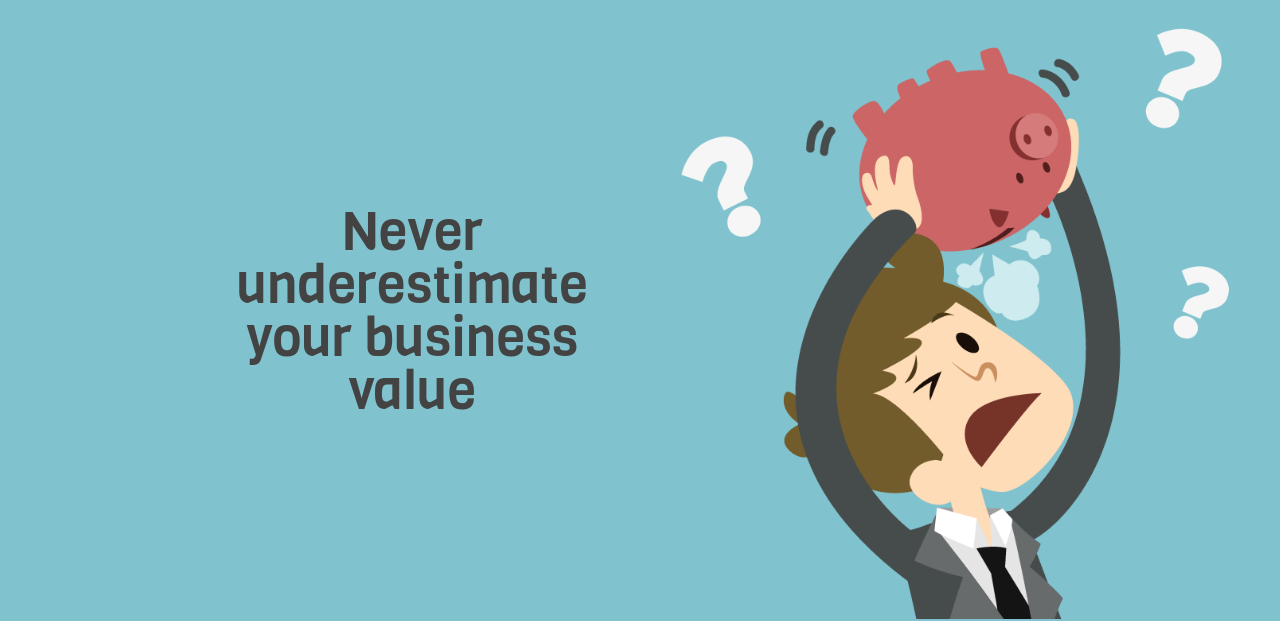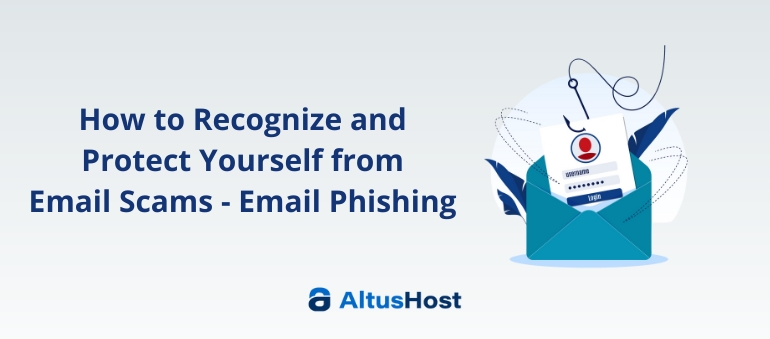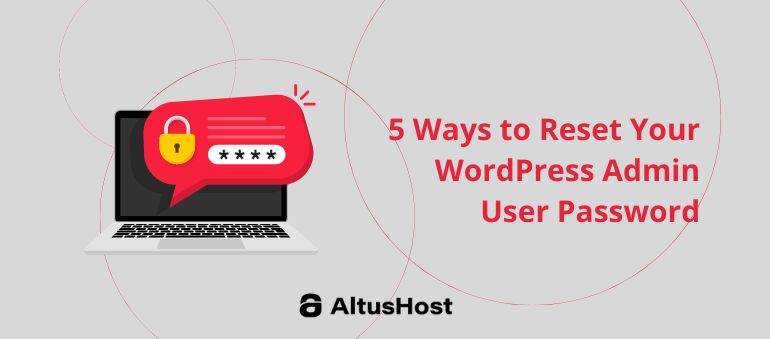Every entrepreneur that sets out to build a business does it with the intentions of making millions of dollars.
Sure, they may have other, more noble causes that help drive them, but money is one of the biggest motivators for an entrepreneur.
Whether it’s the allure of becoming the next big Silicon Valley startup success story, or the grand idea that they can finally replace their stuffy office job, there is always a bit of “balling out” and making it big that pushes internet entrepreneurs.
Most times, that “big win” is going to come from selling their business to an investor for a large amount of money.
Today, I’m going to break down the steps to getting your online business sold.
If you’ve built a successful business and are trying to figure out how to make a profitable exit, the tips contained below will help ensure you can cash out big and make the deal happen quickly.
How to Cash Out from Your Online Business
Most people may never realize that online properties, such as websites and blogs, can be worth large amounts of money, but web entrepreneurs do know.
There may come a time when you either need to get a quick cash infusion for personal, health, or other specific reasons, or simply because you want to move onto new adventures.
When you’ve reached that point, getting your business sold may sound like it’s easy, but the process can be one of the most complicated and frustrating experiences in your life.
The different steps and tips below go into the process in more detail.
Never underestimate how much your business is worth
Many entrepreneurs are going to have a hard time believing they can sell their business for what it’s really worth to an investor.
Your business is probably a key figure in your market, industry, or niche, and will be worth whatever an investor is willing to pay for it — which does sound cliché, but is the complete truth.
When you’re trying to figure out how much your business is worth, you can start with an average of 2.44 times your yearly net profits. This has been considered the industry standard average, and is a good way to get you in the ballpark of what your business could be worth to an investor.
Your yearly net profits should be calculated based off your yearly gross revenue, and then subtracting the expenses (your own compensation included).
Make sure your investor is capable of running the business
If you don’t mind that your business could potentially go under after you’ve sold it to an investor, you can ignore this tip.
Otherwise, you are going to need to ensure that whoever buys your business has the technical expertise needed to not only sustain it, but to grow it as well. If they run it inefficiently, or don’t understand what goes into running an online business, your hard work could go down the drain.
Selling your business to an investor that understands how to run the business after they have bought it also raises the chances of you getting a higher asking price when you sell it to them.
That means you want to take your time to make sure your investor is able to properly carry on the legacy that you’ve built, while making it financially rewarding for themselves in the process.
Gather all the statistics you can
Before you ever begin looking for an investor, you’re going to want to make sure you are saving yourself time and frustration by gathering the statistics that investors are going to want to see.
The traffic coming into your website helps them determine how much money they believe they can make if they buy the business from you. You’ll need to provide the traffic stats, as well as traffic sources.
You’ll need to provide the demographics of those users, too. Providing more information about the visitors coming into your website will help your investor understand who they’re going to be selling products and services to after they buy.
Visitors translate directly into money when you’re negotiating the deal.
If you don’t already have this information, or haven’t implemented Analytics or another tracking software, most web hosting companies will have some sort of tracking installed and you can access the information through your control panel.
Gather all your accounts
To help speed up the negotiation process and get money transferred to your accounts quicker, you’re going to need to gather up all the accounts you’ve used, and provide the detailed statements to your investor.
Accounts such as your bank accounts, credit accounts, hosting accounts, customer management software accounts, and any other accounts you use to help maintain the business will be necessary.
These are going to help your investor get an accurate picture into what it may take to run your business, and the types of upkeep required. They’ll also give your investor historical information about the business, making it easier for them to decide how much to offer you to buy it.
You’ll want to show them the type of content and marketing strategies you’ve used to grow the business, and verify that they are able to maintain the same level of quality you have built into the business.
If they can’t, the business may not perform as well for them despite all the hard work you’ve put into it.
Start looking for an investor
There’s a few different ways you can find investors. You can either reach out to your competitors, asking if they may be interested, or you can consider your local community to find out if there are businesses similar to yours that want to purchase an online presence.
You can also list the business for sale on an open marketplace and start receiving offers fairly quickly. However, the speed of receiving offers on open marketplaces is often traded off to lower offers in general.
One of the best ways to get your business sold as quickly as possible while still maximizing the amount of money you can make from the sale is by working with a broker.
Another strategy is simply reaching out to your suppliers and vendors, asking if they may be interested in making an offer to purchase the business from you.
Generally avoid large corporations
If you originally built the business because you were passionate about helping your visitors and selling them solutions to their problems, you’re not going to want your business to be taken over by a large corporation.
Many times, when a larger corporation takes over your business, they’re simply going to absorb it into their own, completely removing your legacy and transforming how the business is run to match how their own corporation is run.
How to negotiate the sale
When you’ve found an investor that’s capable of running your business and is ready to make an offer that you believe is acceptable, you’ll begin negotiating back and forth.
During this process, you’ll each adjust the terms of the deal, how much money is being offered, what type of support is expected, and how the deal will be closed.
Unless you’re working with an investor that simply doesn’t care how the business was built or run and just wants to buy it as quickly as possible, they’re likely going to point out flaws in the business to help them negotiate a lower asking price.
The biggest takeaway here is to make sure you try to address and fix these issues before you list the business for sale, and stick to your guns during the negotiations. Show them that you’re not desperate to sell and are willing to wait for a good offer.
Negotiating the deal is a lot like playing poker. Keep your poker face on.
How to Finalize the Sale
Getting the deal done may seem easy on the surface, but it never goes the way most people think it will before they start the closing process.
To ensure you’re not making mistakes or leaving things on the table during the closing process, keep the following tips in mind.
Discuss how money will be transferred
Make sure you have a firm understanding between yourself and the investor of exactly how and when the money will be transferred to your account, and that the understanding has been put down on paper.
In most cases, an escrow service is going to be the best solution for both parties, to help avoid either party potentially getting scammed during the deal.
Talk with an attorney
While most deals aren’t going to need the help of an attorney to push them through, some larger deals will need an attorney involved to ensure all bases are being covered.
Having your attorney go over any and all paperwork that is involved in the transaction will help you ensure you’re not going to be put into precarious situations and that you haven’t potentially left any money on the table.
They can legally outline the details of your liability in the sale, and once the sale has gone through, to prevent the investor from being able to hold you captive for too long after you have sold them your business.
Expect support calls
While we’re on the subject of being held captive, you will be expected to offer support to your investor once they have taken ownership of the business.
They’ll be sending calls and emails to get help wrapping their heads around what they’ve just purchased, and you should be there to offer them the advice they need to move forward — at least, for a little while after the sale.
In your negotiations, you should outline the amount of time you’re willing to offer this support and it have clearly stated on paper. Once you have reached that time limit, you’ll need to be upfront and honest with your investor that it is their duty to move forward on their own.
If this isn’t structured in the deal, you could be expected to provide support for months or even years, and the investor will always be wanting to pick your brain. This creates a situation where you could become an unpaid employee.
Hand over your suppliers
At the end of the deal, you’ll need to make sure
you have documented the processes that are used to sustain your business, and the supplier information, your account information, receipts for bills and expenses, and other useful information the buyer will need to move forward.
This documentation should include any and all phone numbers, and login information to each of your accounts. Providing this information will help keep your buyer from bothering you over and over again, trying to get the information out of you as they go.
To Conclude…
When it comes time to sell your online business, you’ll want to handle the process carefully to make sure you get what your business is actually worth and that you’re protected through the closing of the deal.
The best way to do that is to work with an experienced web broker and perhaps an attorney. Once the deal has been finalized, you’ll be glad you did it this way and can move onto your next adventure with peace of mind.

Jock is the founder of Digital Exits, an online brokerage service. Jock has been featured in Forbes and contributed to numerous websites and podcasts. He specializes in appraising and buying/selling online businesses and enjoys helping other entrepreneurs do business online.




